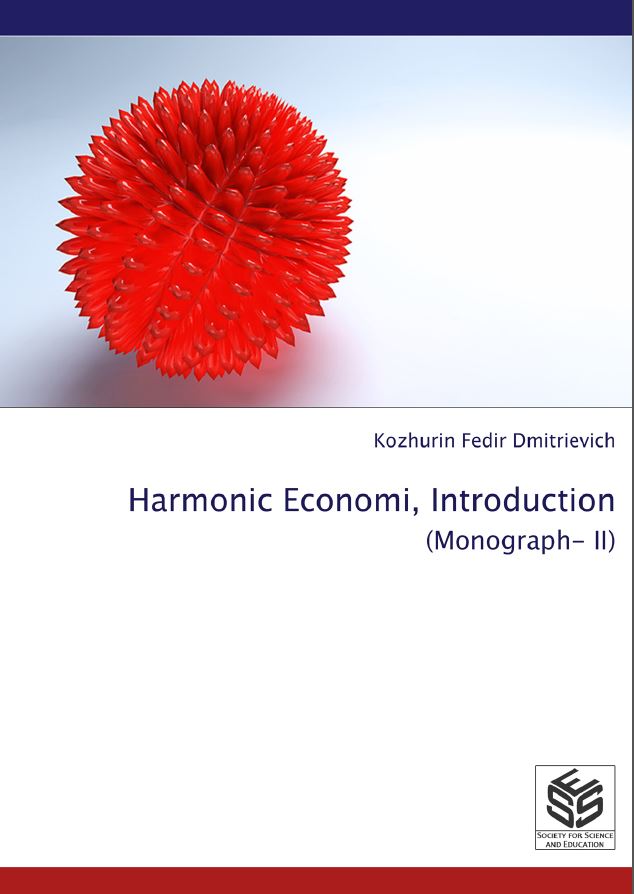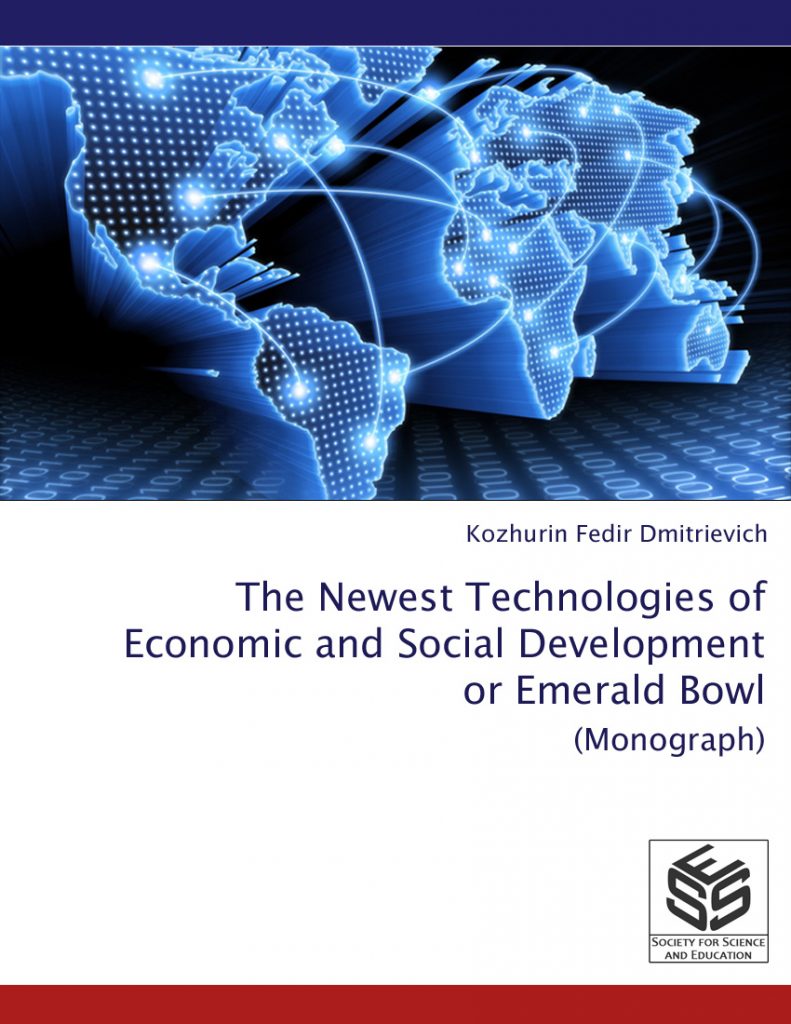Technical-economic Evaluation of Urban and Natural Environment Programs
The estimation of the value of public goods is challenging for two reasons: (a) the classic methods of estimation are suitable for marketed goods and not for nonmarketed goods for which the supply – demand curve does not apply and (b) the variety and abstract nature of such goods cannot facilitate the quantization of any of their properties, whereas the good per se might not be perceived by the population that enjoy the benefit offered. This study presents an attempt to adapt and modify suitable methodological tools for the valuation of such goods in techno-economic analyses of upgrading the quality of the environment. A variety of programmes have been designed and studied in this work, including the enhancing of urban environment, the protection and restoration of cultural heritage, noise pollution reduction, wetland restoration and port restoration. The diverse nature of these programmes necessitates the use of a versatile and easy – to – apply generalized methodology, readily adaptable to each case.



